
Dr. Kenneth Munge, MBChB
Supervisors
Dr. Jane Chuma
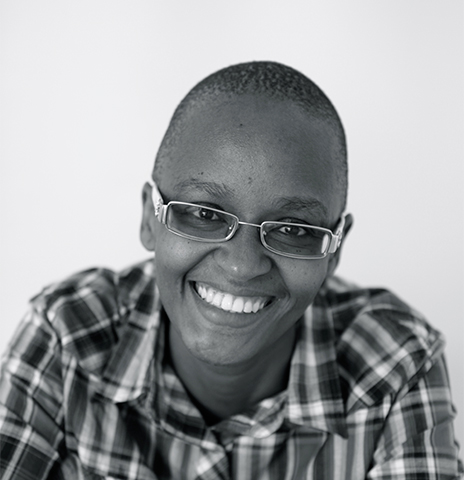
Dr. Jane Chuma
Affiliation(s):
Jane completed a PhD in health economics in 2005 from the University of Cape Town, South Africa. Her research interests include evaluating different health financing mechanisms for universal coverage including health insurance and tax funding; equity in access to health care services and health related interventions and; the relationship between ill health and poverty. Her training fellowship- funded by the Wellcome Trust – explores the feasibility of using health insurance mechanisms to address existing inequities in the Kenyan health system. Jane works closely with the ministries of health to ensure that results from this work inform the development of the Kenyan health financing strategy and the design of a national health insurance scheme. Beyond research, Jane has a keen interest in capacity building for Health Economics in Africa and is one of the founder members of the Masters in Health Economics programme at the University of Nairobi.

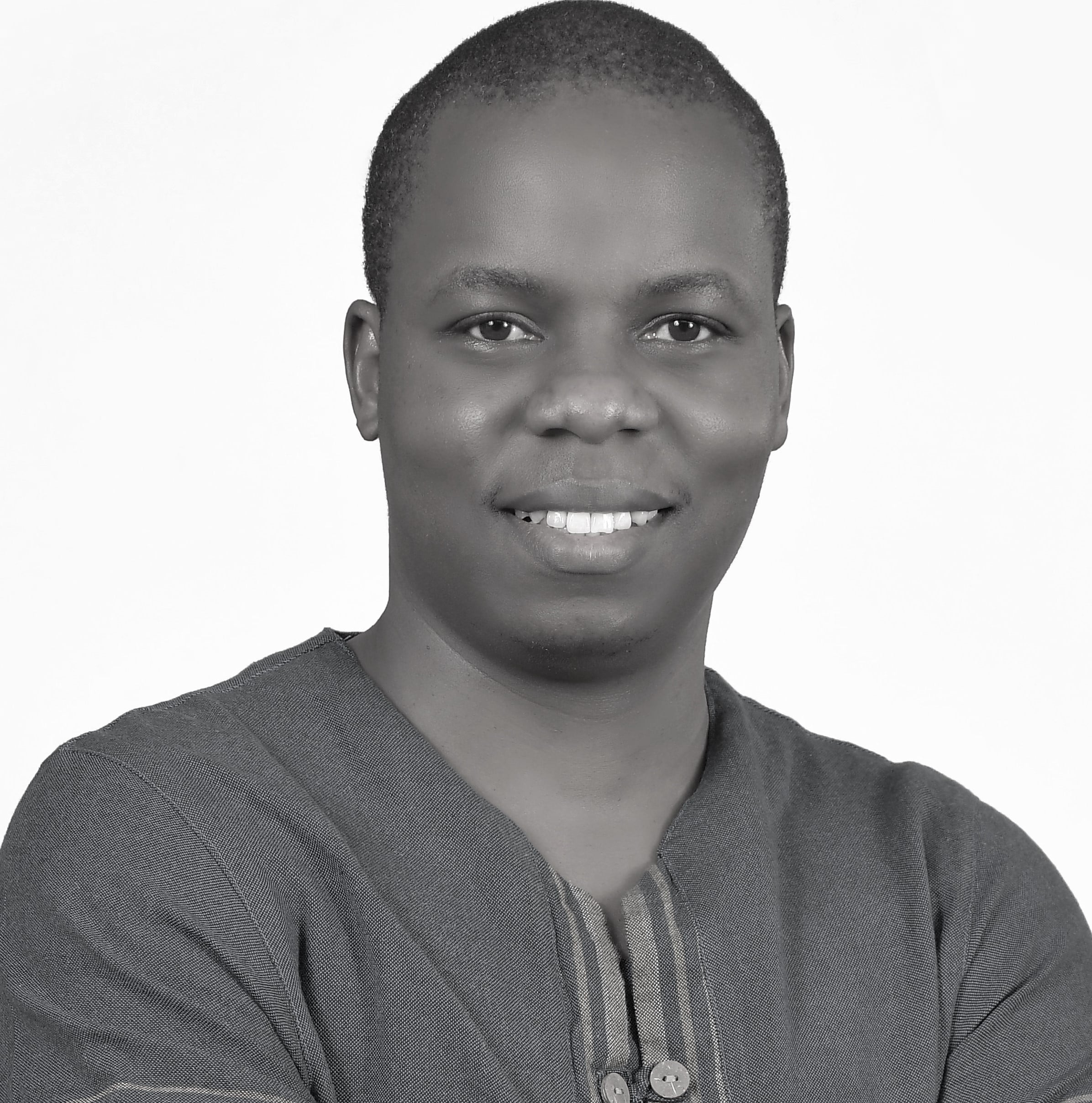
Prof. Edwine Barasa
Edwine is the director of the Nairobi Programme of the KEMRI-Wellcome Trust Research Programme and also heads the Programme’s Health Economics Research Unit (HERU). Edwine is also a Visiting Professor of Health Economics at the University of Oxford. He has a PhD in health economics (University of Cape Town), a masters degree in health economics (University of Cape Town), and a bachelors degree in Pharmacy (University of Nairobi). Edwine’s research interests include health financing; equity and efficiency analysis in healthcare; economic evaluation of healthcare interventions; measuring health systems’ performance; and health system governance. Edwine has several years of experience of practice, advisory, and conducting health economics and financing research in Kenya and in the broader Sub-Saharan African region. He provides health financing advisory to the Kenya Ministry of Health with his latest roles including appointments by the Minister of Health to the taskforce for the reform of the National Hospital Insurance Fund (NHIF) and Kenya Health Benefits Advisory Panel. At the regional level, his latest appointments include as a member of the advisory board of the Africa CDC’s Health Economic Unit, and as co-chair of the Africa Universal Health Coverage Commission. He also provides health financing technical advisory support to several international development organizations, including the World Bank and the World Health Organization (WHO), focusing on the broader Sub-Saharan African region including Kenya, Ghana, Somalia, Malawi, Madagascar, Uganda, Rwanda, Sudan, South Sudan, Mozambique, and Egypt.


Prof. Kara Hanson
Affiliation(s):
London School of Hygiene & Tropical Medicine, UK
My research has focused primarily on the economics of health systems in low- and middle-income countries. I have done research on hospital sector reforms in Uganda and Zambia, focusing on the implications of two-tier pricing for equity of access to hospital services. I am interested in the role of the private sector in health systems, and in identifying the opportunities and limitations of the private sector in improving the efficiency, quality and responsiveness of health systems. I work with a DFID funded project on education systems research, contributing insights from the development of health systems research methods. I am co-Research Director of RESYST – Resilient and Responsive Health Systems , which is a UK-DFID funded research consortium bringing together researchers from South Africa, Nigeria, Kenya, Tanzania, Thailand, India, Vietnam and the UK. Our programme includes research on health financing, health workers and governance and leadership in the health sector.
My second area of focus is the economics of malaria control interventions. In particular, I am interested in understanding better how to expand access to interventions that have been shown to be cost-effective. Recent activities in this area include the ACTWatch Project, studying the market for antimalarial medicines and a linked grant from the ESRC Secondary Data Analysis Initiative to estimate the demand for antimalarials; and economic evaluations of a range of interventions addressing malaria in pregnancy; and the Independent Evaluation of the Affordable Medicines Facility-Malaria, which is an innovative financing mechanism for antimalarial drugs.
I am a member of the Centre for Evaluation, the Malaria Centre, and the Centre for Global Noncommunicable Diseases.
In January 2015 I was appointed Associate Dean for Research in the Faculty of Public Health and Policy.
Mentors
Dr. Evelyn Gitau
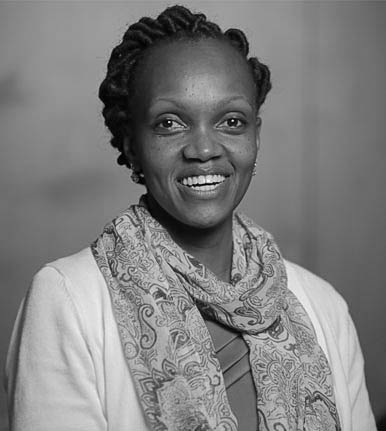
Dr. Evelyn Gitau
Dr. Evelyn Gitau is the Director of Research Capacity Strengthening. Under her direction, the division will continue to grow its signature fellowship program, the Consortium for the Advancement of Research Training in Africa (CARTA), and expand opportunities across the continent for African scholars to become great research leaders.
Dr. Gitau’s most recent role was as a program manager at the African Academy of Sciences, where she stewarded the Grand Challenges Africa at the Academy under the Alliance for Accelerating Excellence in Science in Africa (AESA) program. Prior to that, she was part of the team at the KEMRI-Wellcome Trust Program in Kilifi, Kenya, conducting research on developing biomarkers of disease among seriously ill children.
Dr. Gitau earned her PhD in Life Sciences from the Open University/Liverpool School of Tropical Medicine in the UK, investigating neurological infections in children living in malaria-endemic areas. She has more than 15 years of experience in medical research.
Among her awards and accomplishments include a 2015 appointment as a fellow of the Next Einstein Forum, where she is the ambassador for the development of Science, Technology, Engineering and Mathematics in Africa.
Dr. Gitau’s vast networks have brought her positions on numerous advisory boards for organizations advancing the agenda of research and evidence generation in Africa. These include the Independent Scientific Advisory Board (ISAB), Malawi-Liverpool-Wellcome Trust Clinical Research Programme College of Medicine, Blantyre, Malawi, University of Oxford (MSc International Health and Tropical Medicine) and and the Investment Committee Grand Challenges Canada. She will remain a member of the Steering Committee for Grand Challenges Africa.

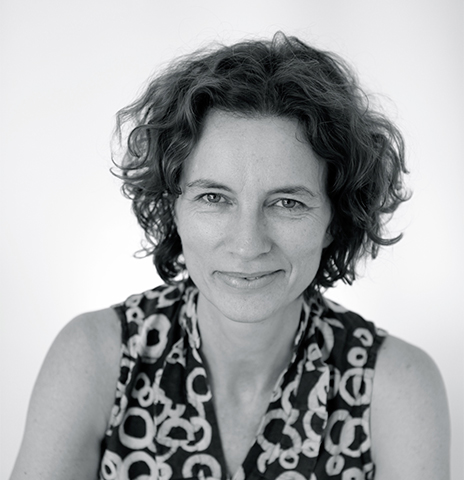
Prof. Sassy Molyneux
Sassy Molyneux, is an Associate Professor employed by Oxford University, UK, based at the Kenya Medical Research Institute-Wellcome Trust Research Programme in Kilifi, Kenya. She is a behavioural scientist, with a background in human geography. Her current main research interests include health system finance and governance, responsiveness of health systems to user and population priorities and concerns, and research ethics. A cross-cutting area of interest is producing new thinking, evidence and recommendations around initiatives aimed at strengthening accountability processes in biomedical research and health delivery in sub-Saharan Africa.

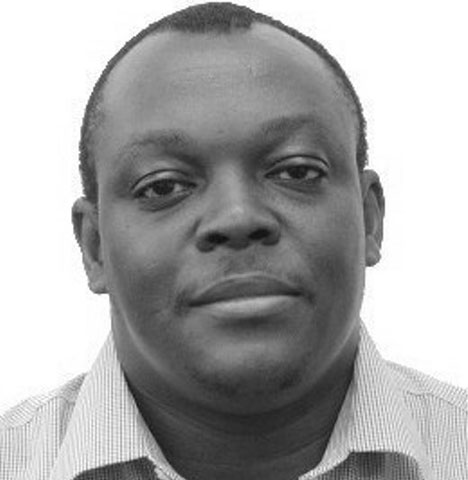
Prof. Ifedayo Adetifa
Affiliation(s):
KEMRI – Wellcome – Trust, Kenya
London School of Hygiene & Tropical Medicine, UK
Ifedayo is a consultant pediatrician and infectious diseases epidemiologist. Prior to his arrival at the programme, he worked for a decade at the United Kingdom’s Medical Research Council Unit, The Gambia where he led clinical and field activities for the Tuberculosis (TB) epidemiology research including the TB case contact platform. His research interests there were delivery of TB diagnostics and care, assessment of novel diagnostics for TB infection and disease including biomarkers for disease and protection, and systematic reviews. In his last MRC role, he was the principal investigator on a £2.6million TB Epidemiology projects portfolio that included a nationwide TB prevalence survey and a community randomised trial to assess the impact of an enhanced TB case finding strategy on TB notification. He works full time at the Kilifi KEMRI-Wellcome Trust Research Programme on the Pneumococcal Vaccine Impact Study (PCVIS), and the Kilifi Vaccine Assessment Platform. He is also with the Department of Infectious Disease Epidemiology, London School of Hygiene & Tropical Medicine. His current research interests are vaccine effectiveness studies, vaccine monitoring including issues of coverage, timeliness, and equity.

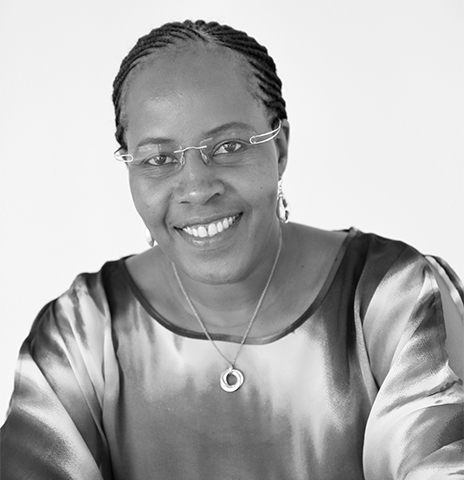
Dr. Dorris Kirigia
Affiliation(s):
World Health Organization, WHO, Congo
Doris completed her PhD in health economics and public health in 2009 from University of New South Wales, Australia and a Masters in Public Health 2004 from London School of Hygiene and Tropical Medicine, United Kingdom. Doris joined KEMRI-Wellcome Trust Research Programme in 2011 as Post-Doctoral Researcher. Her research interests include health equity, health systems research, and use of technology to deliver health care (e-Health) interventions, social determinants of health and Health in All Policies, health care financing and economic evaluation of health related interventions. Her current research involves evaluating different health financing mechanisms and expanding fiscal space for health to contribute to the current global and national debate on universal health coverage and health systems strengthening. Her other interests include engaging policy makers in finding evidence based innovative approaches to ensure those socially and economically disadvantaged population groups have access to quality and affordable health care. Doris is an expert advisor for WHO regional office on health equity and social determinants of health and is a member of different public health and health economics organisations.
Munge is a public health practitioner with background training and experience as a medical doctor. His interests are in economics of health systems, health systems, and primary care. He has experience in research, analysis and policy engagement in Kenya examining vaccine safety, health financing, strategic purchasing and economic evaluation.
His PhD is examining the capacity of decentralised governments in Kenya to raise the level of public health expenditure without harming their financial well-being (i.e. fiscal space for health) in the context of Kenya’s pursuit of universal health coverage (UHC).
He is co-leading work surveying the distribution of, risk factors for, and cost-effectiveness of diagnostic strategies for hypertension and diabetes; which is also examining the performance and capacity of the Kenyan health systems to deliver interventions to target these diseases through primary care.
He is a member of the African Health Economics and Policy Association, the International Health Economics Association and the John Snow Society.
He is part of the management group of RESYST – Resilient and Responsive Health Systems – a DFID-funded international consortium, that brings together ten African and Asian countries and is also a member of the Kenya Country Core Group for the Joint Learning Network for Universal Health Coverage.
- 51
- 66
- 48
- 104
- 44
- 423

